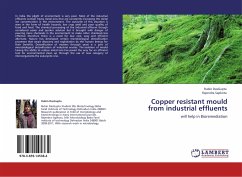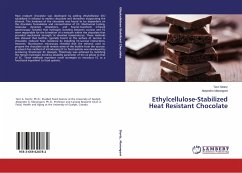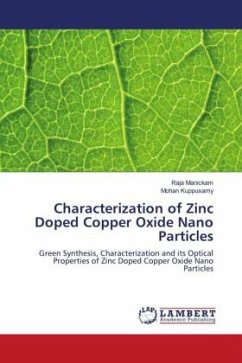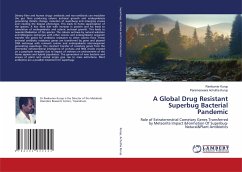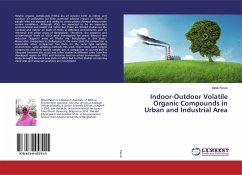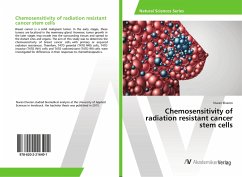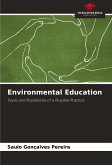In India the plight of environment is very poor. Most of the industrial effluents contain heavy metal ions that are constantly increasing the metal ion concentration in the environment. The outcome of this situation is seen in the form of health hazards, low crop yield and poor quality of food and feed. The chemical processing of the industrial effluent though considered easier and quicker solution but it brought with danger of pouring more chemicals in the environment to make other chemicals less effective therefore there is a need for low cost, easy and efficient alternate. Nature has developed certain microbiological detoxification processes that await discovery and exploitation by the human beings for their benefits. Detoxification of matters through yeast is a part of microbiological detoxification of industrial wastes. The isolation of mould having the ability to reduce metal ions has paved the way for an efficient tool for environmental clean up through the use of new category of microorganisms-the eukaryotic one.
Bitte wählen Sie Ihr Anliegen aus.
Rechnungen
Retourenschein anfordern
Bestellstatus
Storno

